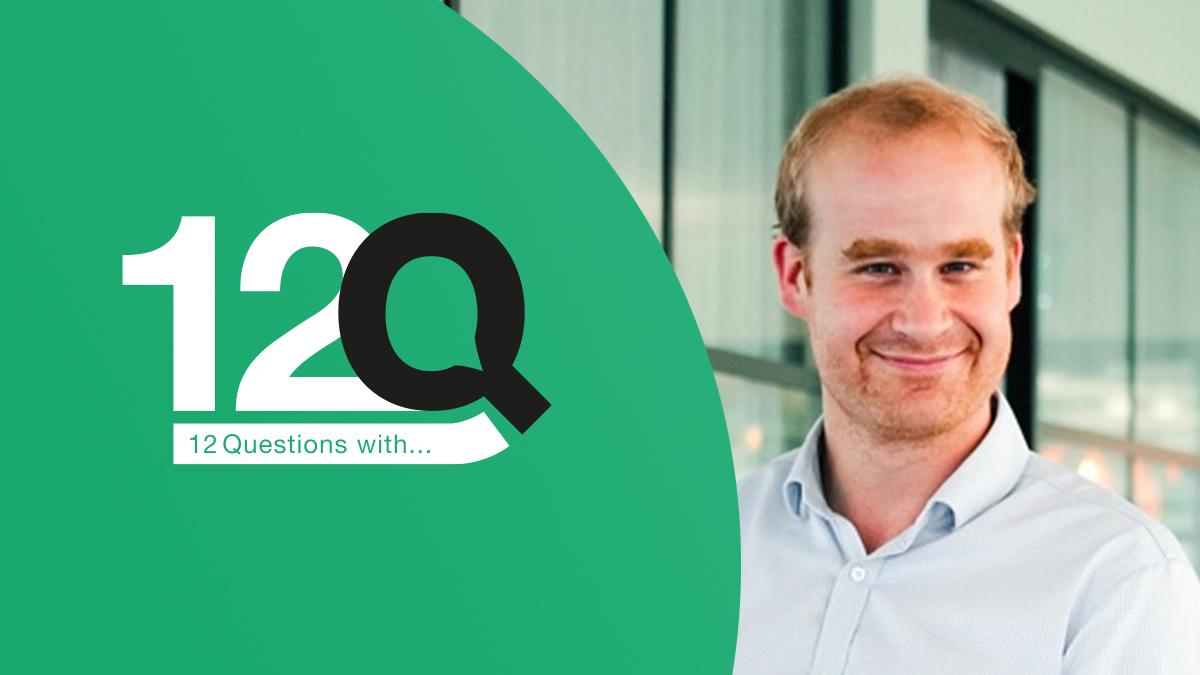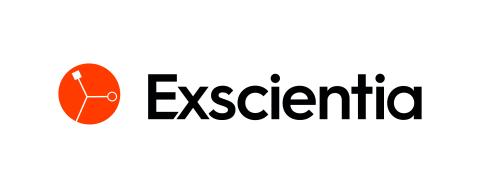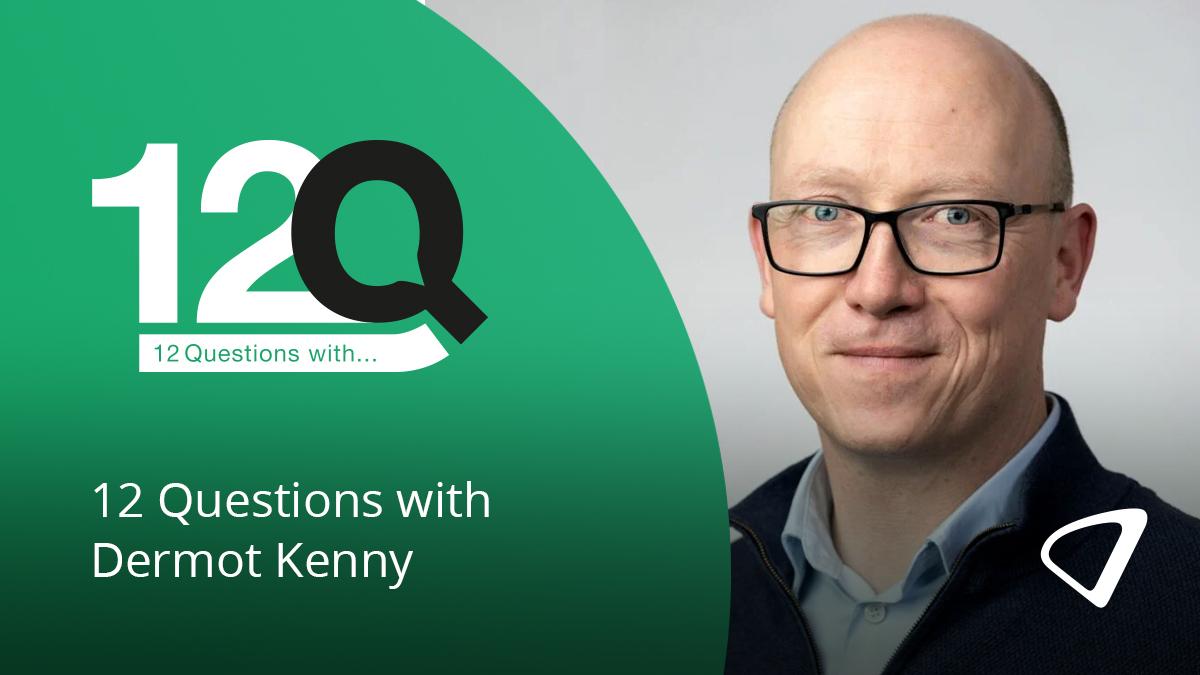12 Questions with Anthony Bradley

“We believe all drugs will be designed using AI by 2030.” At the AI4 Artificial Intelligence Conference in Las Vegas (ai4.io/usa), on 9th August, Exscientia’s VP of design development Anthony Bradley will showcase how his company is unlocking new drug targets with AI and scalable precision design. Anthony leads a global research group focussing on small molecule and biologics drug design using physics and structure. He is a co-inventor on six small molecule drug patents. Prior to joining Exscientia, Anthony was a group leader at the University of Oxford and Diamond Light Source, where he raised £1.4 million in grant funding. His PhD (Oxford) and Post-doc (UC San Diego) focused on high-throughput experimental structural biology and developing computational tools to leverage and summarise structural activity in drug discovery.
What are the main responsibilities of your current role? I run a team of about 30 amazing scientists researching novel ways to encode and automate drug design.
Specifically, they focus on new ways to use physics, informatics, and AI to improve the quality and efficiency of our design platform.
I work with my team leads to think big and then execute our projects. I coordinate this with our other scientific leaders to ensure what we develop has an immediate impact on our drug discovery programmes. Fortunately, I get to then go out and tell the world about what we’re doing.
What is your background prior to this role and how did it prepare you for the work you do now? I’ve been really fortunate to work at a bunch of amazing places. I did an MChem at the University of Oxford and then a PhD where I worked with GlaxoSmithKline and the Structural Genomics Consortium on building computational tools. That experience showed me what an amazing place pharma was but also some of the challenges they were facing, in particular making data-driven decisions.
I then worked on big data for protein systems at UC San Diego, where we invented a new compressed file format. Finally, before joining Exscientia, I was working between the University of Oxford and Diamond Light Source, where I was building my own research group.
What motivates you about working in pharma? I had a really difficult decision to make joining Exscientia as I had a growing academic career at the University of Oxford and a starter grant from the UKRI. I decided to join Exscientia because I wanted to have an impact, and by that, I mean discovering real drugs. I joined the company in October 2018, and in just over a year the project team and I designed EXS4318, a PKC-theta inhibitor now in-licensed by Bristol Myers Squibb. There is no way I could have done that in academia and I’m not sure there is anywhere I could have done that outside of Exscientia.
What are your biggest long-term goals for five years or 10 years from now? When we look at the projects where we’ve been successful – the design team asked ourselves – why couldn’t we have done that quicker? Would it have been possible to have designed the candidate molecule in the first cycle of design? That is what I push my teams to enable us to do – and honestly, the field has progressed so much in the past few years the technologies that enable us to do that may already be around. I would love for us to transform our own productivity.
What excites you most about current industry trends? When I started my PhD, computational methods were still a somewhat niche interest in pharma and played a supporting role in design. Over the past 10 years, we’ve seen a lot of computation first companies spring up and pharma companies putting computation and AI more towards the front of their thinking.
If you could change one thing about the pharma industry, what would it be? The industry has a really bad framework for deciding what is or is not a good technology or process, and it’s really holding the industry back. The perceived barometer of success is commercially marketed drugs – however, each technology or process will only have a marginal impact on that.
How the industry makes decisions and changes processes is slow and often driven by anecdotes and not data. This leads to overhyping of some technology, but also to the underuse of really impactful tools.
I think we should operate more like elite-level sports and think about technology as marginal gains; accumulatively they are transformative.
What do you think pharma will look like in 15 years? 50 years? At Exscientia, we expect that within this current decade, all new drugs will be designed by AI. To be clear, this won’t mean AI replacing humans – but it will mean companies using AI will win out.
What advice would you give to a young person starting out in your field? Make sure you’re going into it for the right reasons. I love my job and I love what we’re trying to do, but you have to enjoy the journey. There are many ups and downs in drug discovery.
Number two is don’t try and plan too far ahead but look for opportunities as they come. There is no way I could have predicted my career to now at the start of my PhD – but I do believe that opportunities present themselves if people are looking for them.
What are your hobbies? What do you do in your free time? I played a lot of rugby growing up, but now I do more individual exercise like running and cycling. My partner and I recently completed the tour du Mont Blanc, which is a seven-day hike in one of the most beautiful places on earth. I love how when you’re out walking, people look out for each other, and you get to meet some incredible people. I live in Manchester – which is an amazing city. It’s where the industrial revolution started, and I live one mile away from the centre of that. It’s absolutely incredible to think of the dreams of the people living at that and how much further we’ve gone off the back of that.
What is your all-time favourite book? I don’t have an all-time favourite book, but I love reading in three broad genres.
- I love reading about amazing people and their life stories. In particular where they’ve built something that changed the world – Shoe Dog by the Nike founder Phil Knight was a recent example of that.
- I love to read about new ways of thinking about the world around us and how we can help improve it. But What Can I Do by Alastair Campbell being a recent favourite.
- I love books that help me to think about my work and leadership in different ways. A recent example of that is Dirty Laundry, which is a book about understanding neurodiverse people.
If you could have any superpower, what would it be? I’d love to be able to know the abstract of every research paper ever written. The field is moving so fast, and there is ever more being published that it would help immensely to connect different dots.
If you could have any job other than the one you have now, what would you choose? I see a job as a way of achieving the impact you want to have on the world. In that sense, there are tonnes of jobs I’d love to do – because there are tonnes of ways of having a positive impact on the world.
However, what I love about my current position is that it has been on a common thread since I was a child and uses all of the skills and knowledge that I’ve built up throughout my educational and professional experiences. When I began my PhD, I was given the challenge of helping to enable drug discovery to be more data-driven. I am now at a company that has pioneered that and leading a group that is pushing us even further.
Connect with Anthony Bradley on LinkedIn.












